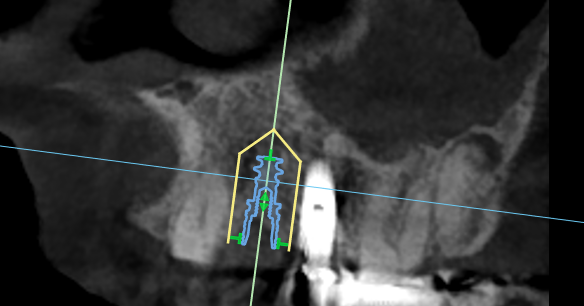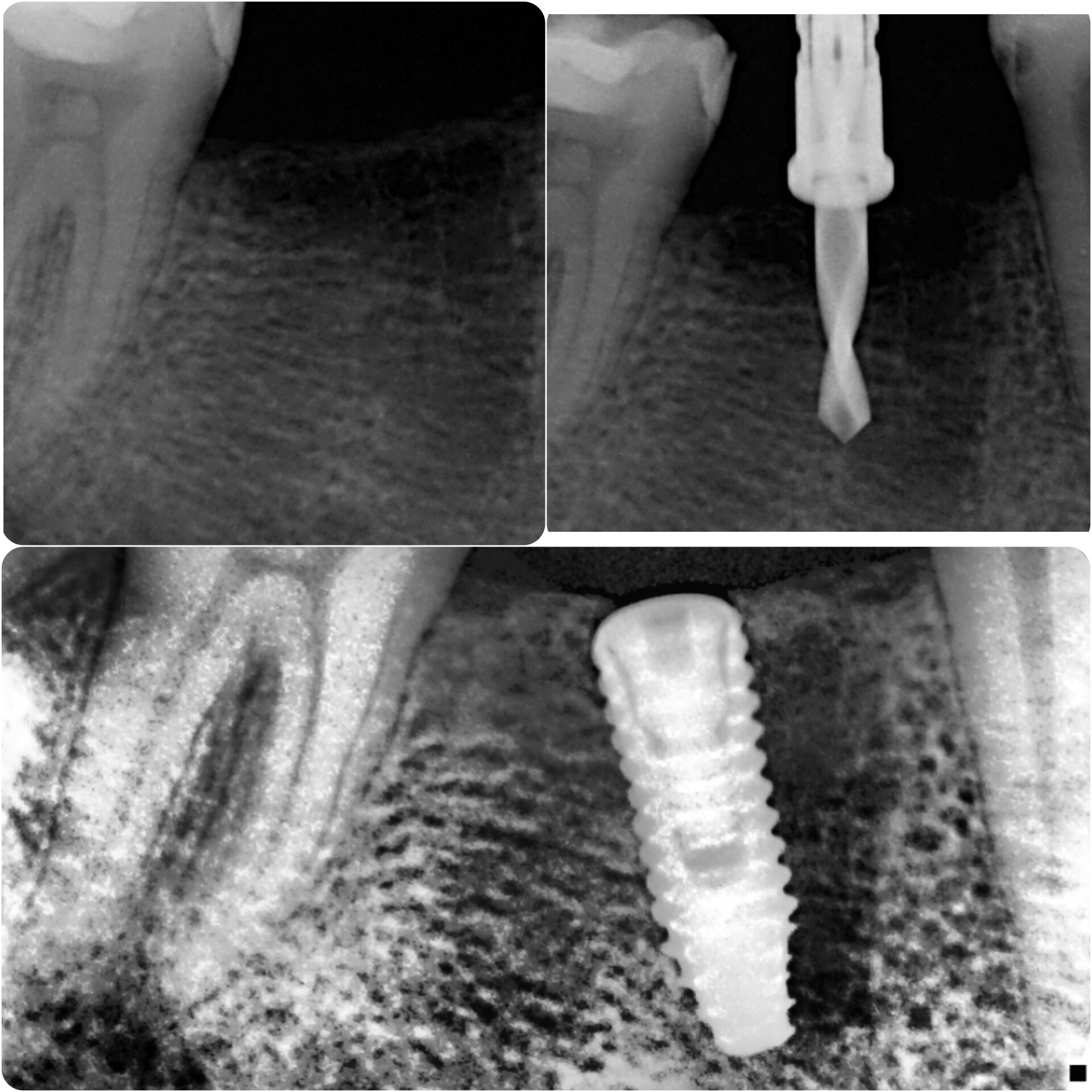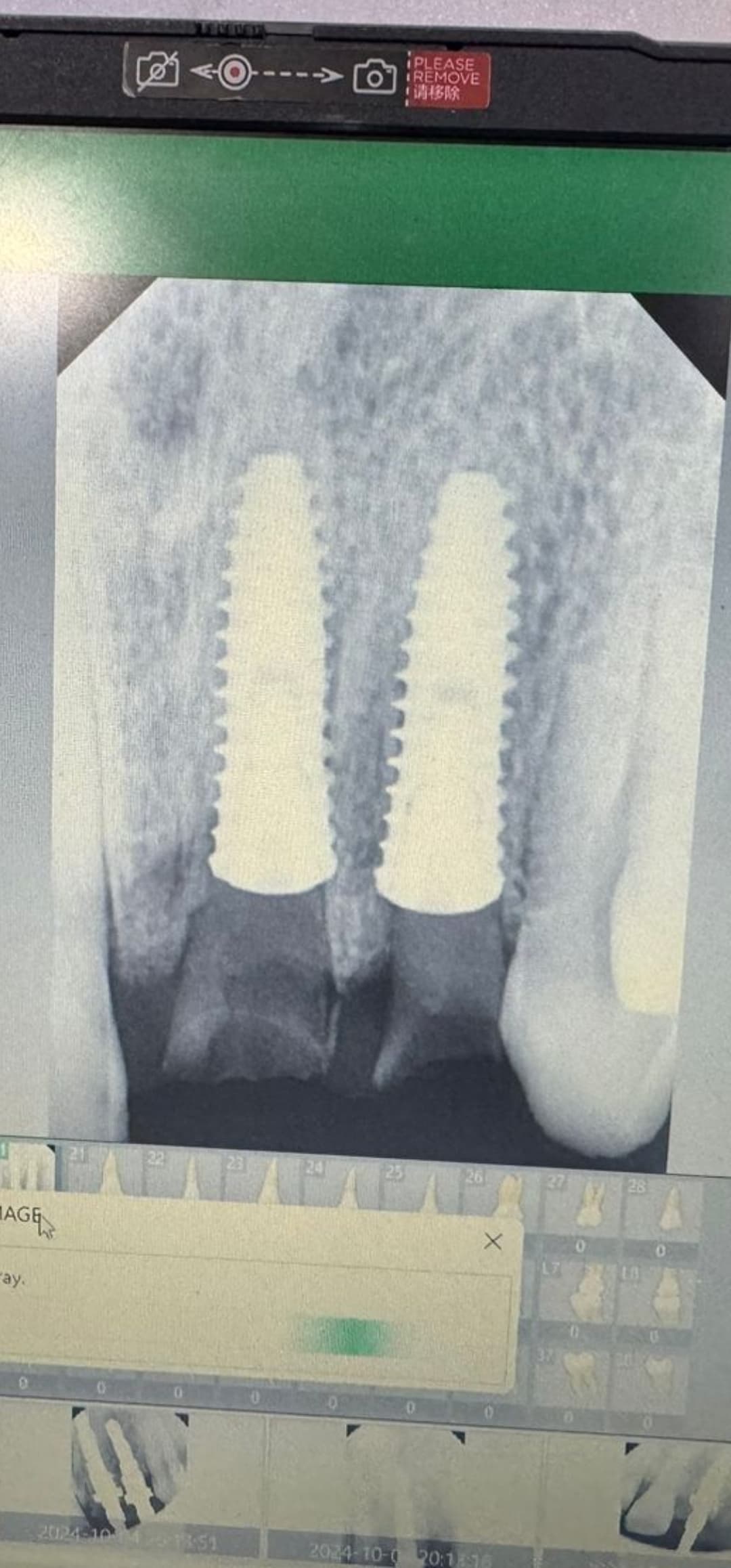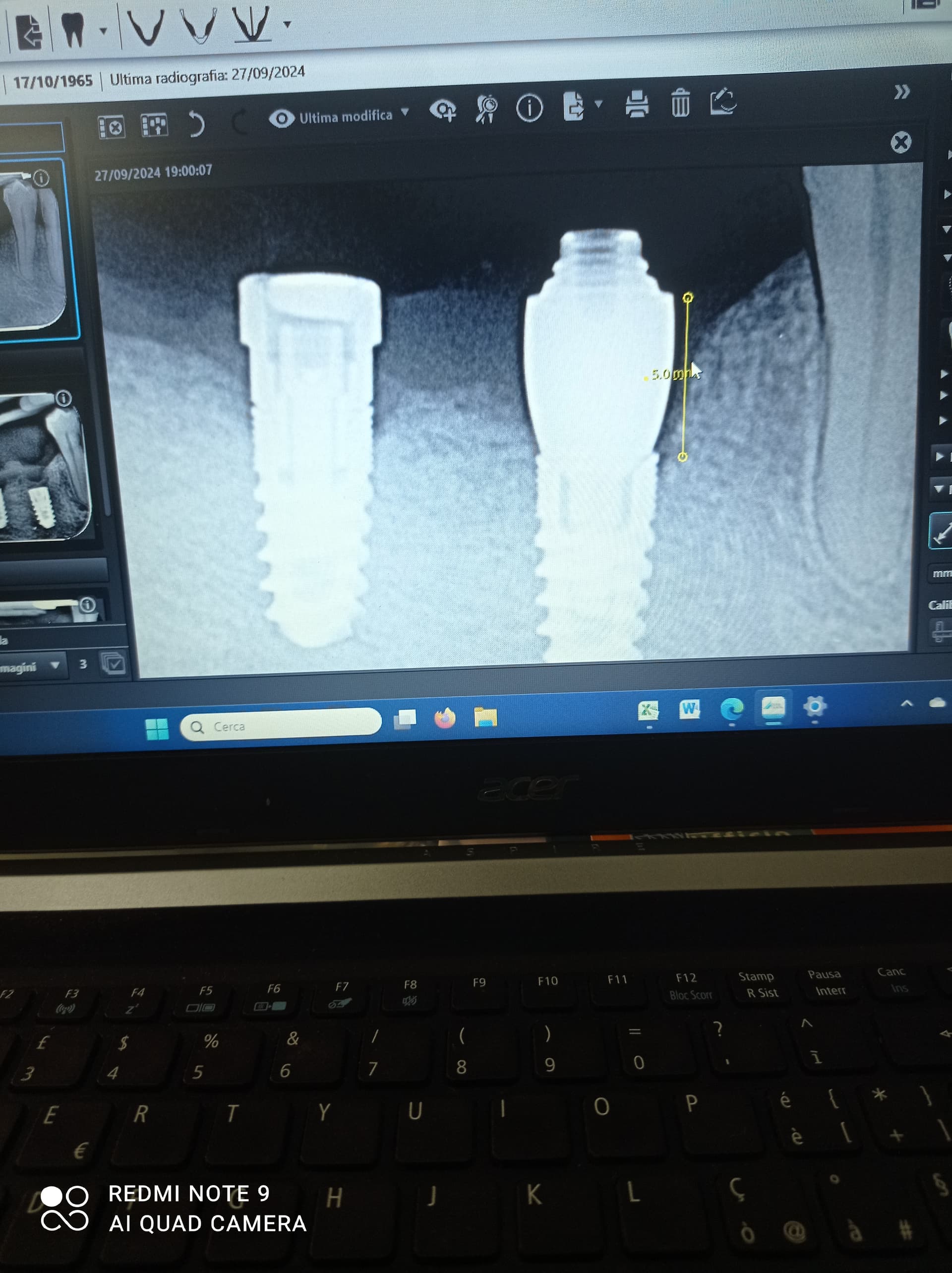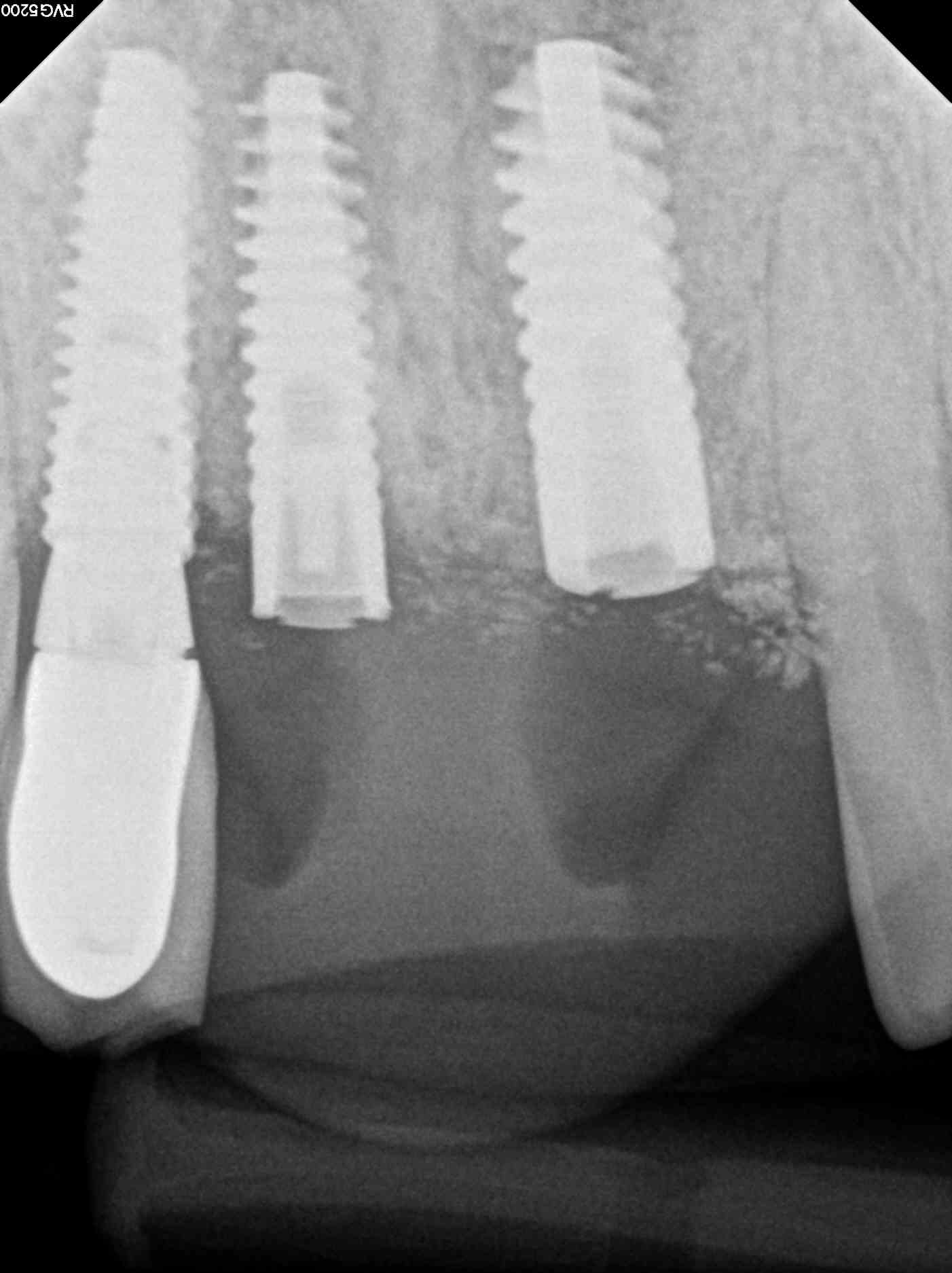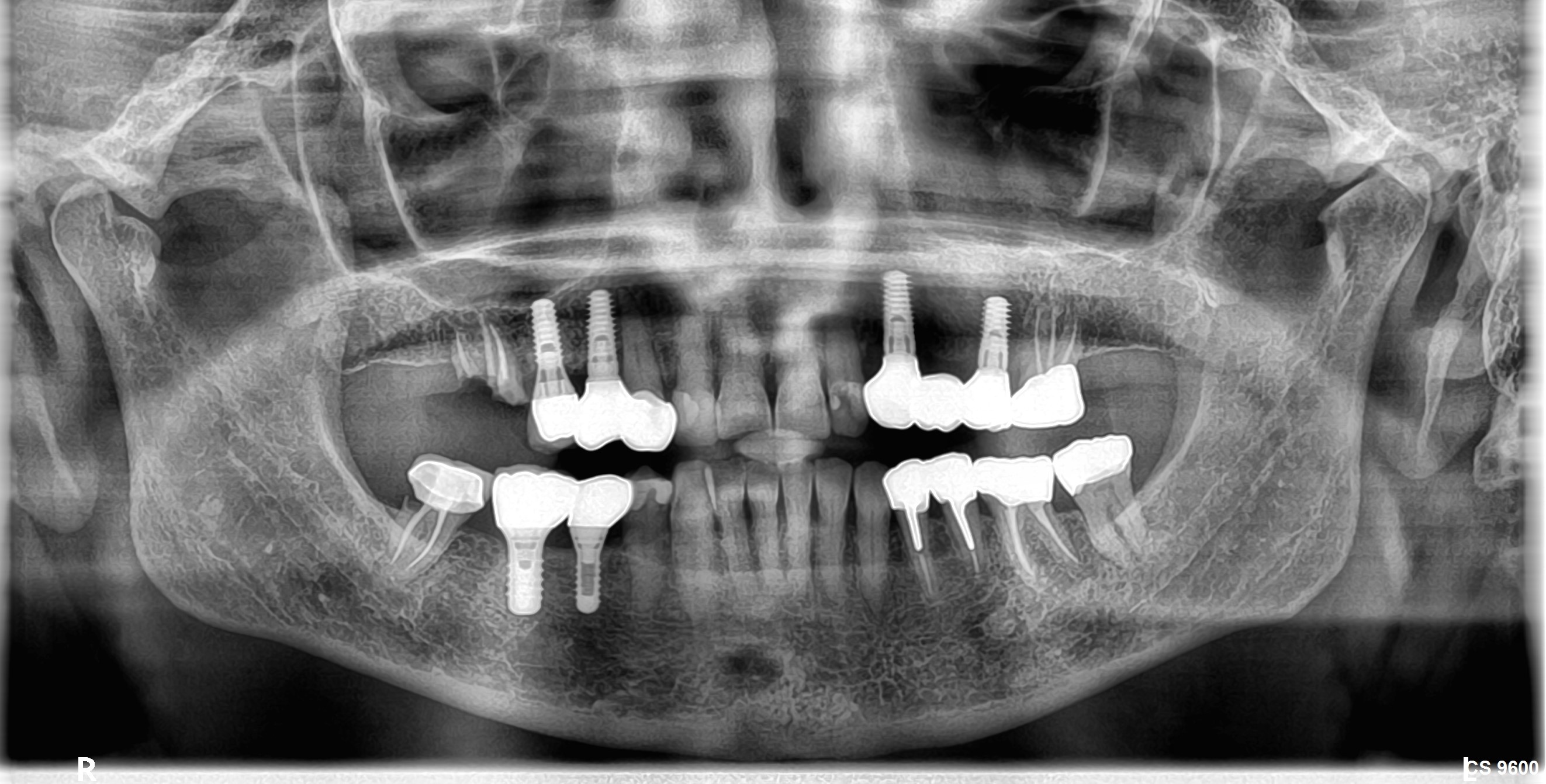Are Zirconium Restorations Really Metal Free?
Is it misleading when we call zirconium restorations “metal free”? We all are agreed that titanium is a metal. Zirconium is chemically a metal and has been used in alloys. Its atomic number is 40. To say that Titanium is a metal and that Zironium is not is showing a poor knowledge of chemistry. Zirconium dioxide, an oxidized form of Zirconium that is used for restorations, is a metal. We would not call rust — iron oxide — anything but a metal. Now we have a new generation of zirconium dioxide implant fixtures and they are advertised as “metal free” and calling them ceramic. How do we explain these seeming contradictions?
13 Comments on Are Zirconium Restorations Really Metal Free?
New comments are currently closed for this post.
CRS
4/2/2013
This is an excellent comment Zirconium is a metal and the metal free is a marketing ploy. There is nothing wrong with metal restorations including amalgam, this is all marketing and ethics. As dentists we are all vulnerable to being cash cows for dental implant companies with immediate load, nonmetal, immediate placement, place and restore your own implants etc. As individual well educated doctors we, myself included have heard the claims and need to make our own decisions based on our talents and abilities and wisdom. On the other hand there have been wonderful discoveries thru the crazy marketplace which have advanced dentistry. I think the most important tools are our minds, our critical thinking and experience and our colleagues. That's why I enjoy this blog, thanks for reading.
Floyd Larson
4/2/2013
As a materials scientist, please let me clarify the issue of metal vs. ceramic, particularly with regard to the ceramic material, zirconium oxide. First, yes, zirconium is a metal. The ceramic is not zirconium - it is zirconium oxide, often referred to as zirconia. Zirconium and zirconia are distinctly different in terms of crystal structure, stability, reactivity, density, hardness, strength, toughness, etc., etc. Every ceramic has a crystal structure containing both metallic and non-metallic atoms, but the combination is never referred to as (nor does it behave like) a metal.
CRS
4/2/2013
The short answer is "Nope!"
LelandRay
4/2/2013
I tell my patients that Ziconium has the chenistry of a metal but matches the color of a tooth. Were once you had to do a silver or gold crown to prevent fracturing you can now do a Ziconium.
Patients that had a PFM fracture are happy to hear this because they don't want a gold or silver crown but don't want to have another crown fracture. Also the ten year replacement warantee against fracture is a good selling point.
Patients don't seem to worry about the metal issue, as long as it is relatively esthetic and knowing it won't break seems to be more important to them.
DrJ
4/2/2013
I believe the implant material is not pure Zirconium or any alloy of it, but it's Zirconium Oxide which is not a metal. Just as Sodium is a metal but salt is not a metal. So if you looking at it from a purely chemistry stand point, then it is not a metal!
So in short, the answer is yes it is not a metal!
Cliff Leachman
4/2/2013
Interesting answer, then aluminum oxide or iron oxide are not metals?
CRS
4/3/2013
Yeah but it's got metal in it! I'm going to try and find metal free table salt! Just kidding I appreciate the ceramic explanation very helpful since patients may ask . I usually get the question "what are the white things? " When they see their X-rays! Good discussion thanks
Michael
4/3/2013
And what about titanium oxide too?
nailesh gandhi
4/3/2013
very interesting discussion.but what is the truth ?
CRS
4/3/2013
My truth is that it is all semantics it all works clinically and the proof is on individual patients and clinical applications. I'll admit I took the cynical approach to marketing to dentists, does a chemist really understand what a "wet fingered"clinician does? When cutting thru Zirconium it sure is difficult! But I like the question shows a healthy skepticism and thought which as dentists I feel we are trained to do! I also admit that I rely on scientists to research this and provide background on clinical materials. Also I got a C in chemistry did better in physics and rocked Biology! Thanks for reading
greg steiner
4/7/2013
I have two patients that are interested in zirconium implants because they are concerned about titanium affecting their meridians as in acupuncture. They feel that zirconium oxide implants being ceramic will not have the same effect as titanium. If zirconium is a metal in crystal form I would think it would have the same effect as titanium. If anyone can give me guidance on this it would be appreciated. I addition does anyone know of a brand of zirconium implants that has proven successful? Greg Steiner Steiner Laboratories
sue
6/24/2016
Zirconium in pure form is a metal , zirconia is a zircon oxide wich in chemistry is called a "base metal", as when zirconium reacts with oxygen to form a basic compound, however, both have very different physical and chemical properties.
Angela
3/18/2018
I recently had pfm crowns. I paid for a metal allergy test beforhand test beforehand
I had a melissa test before having pfm crowns which was fine. unfortunately since having the crowns i have been ill with 3 chest infections and tinnitus which i believe is related to the crown work. My gums are not swollen. I asked about replacing them with Zirconia crowns but have read that Zirconia is a metal. Will they react in the same way as the the pfm crowns or am i wasting my money










